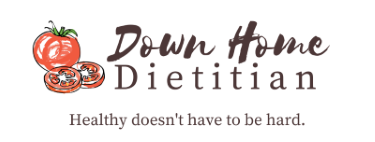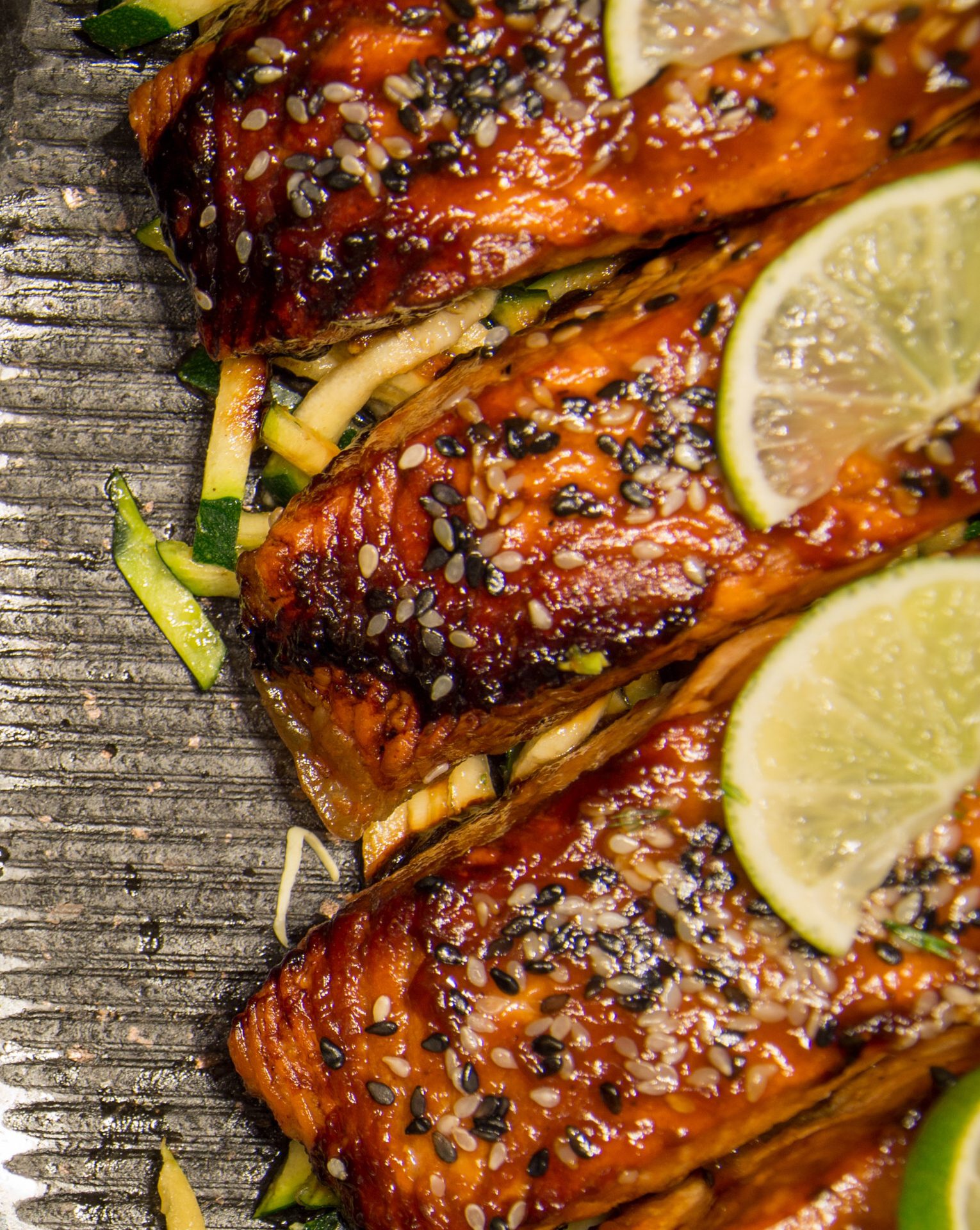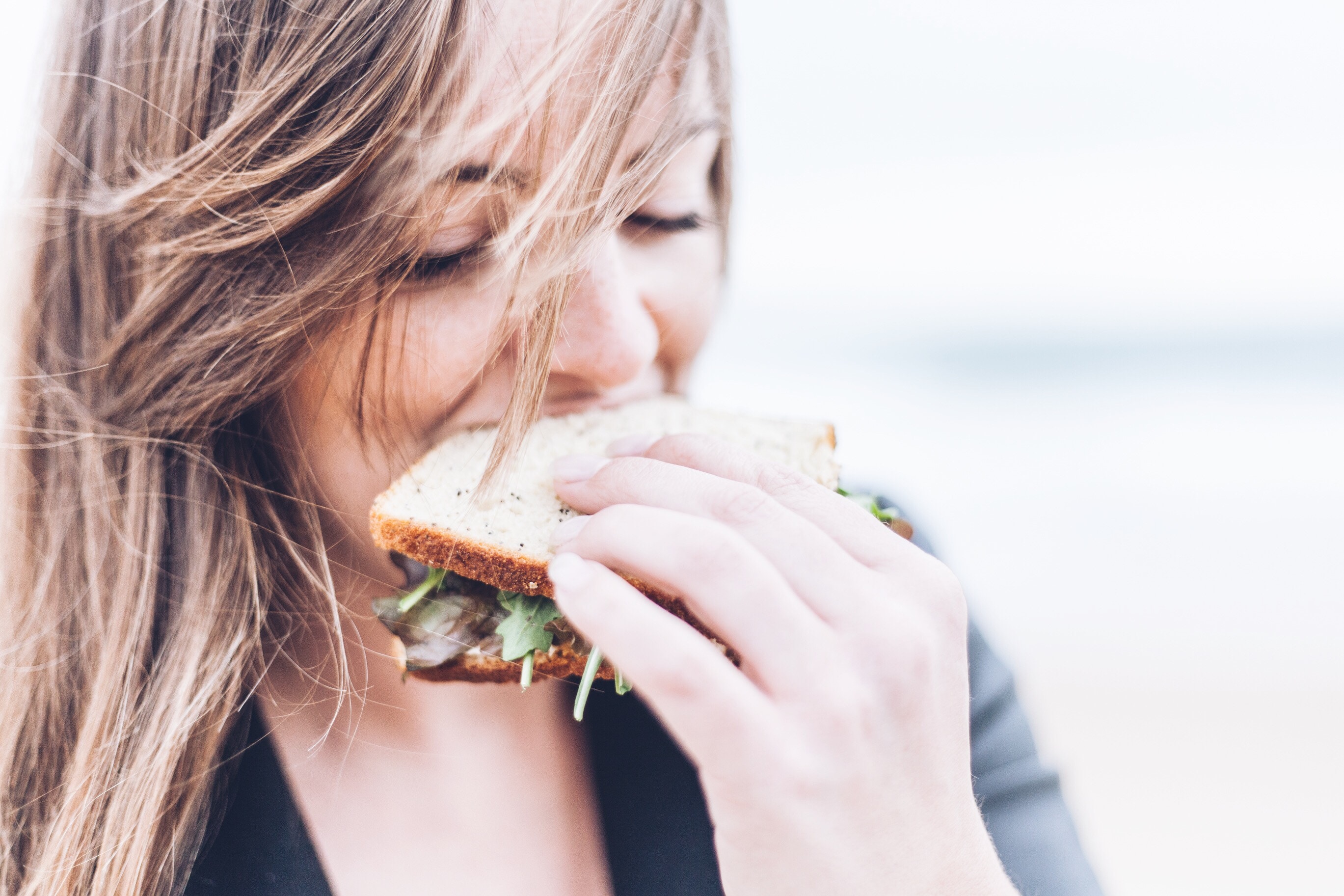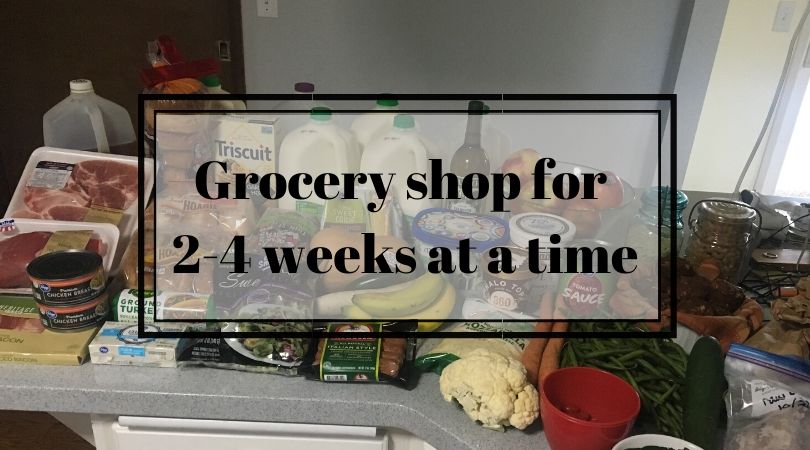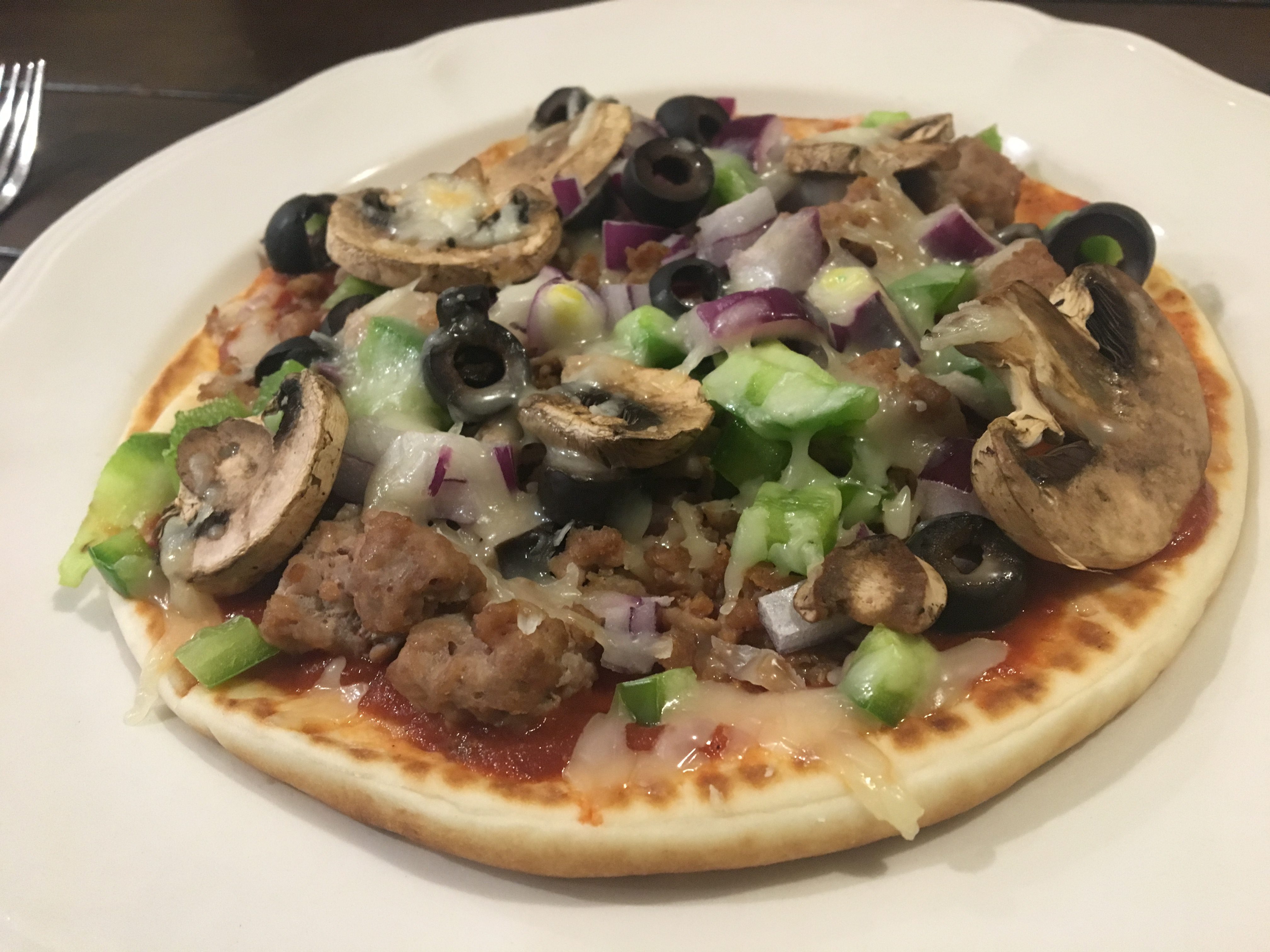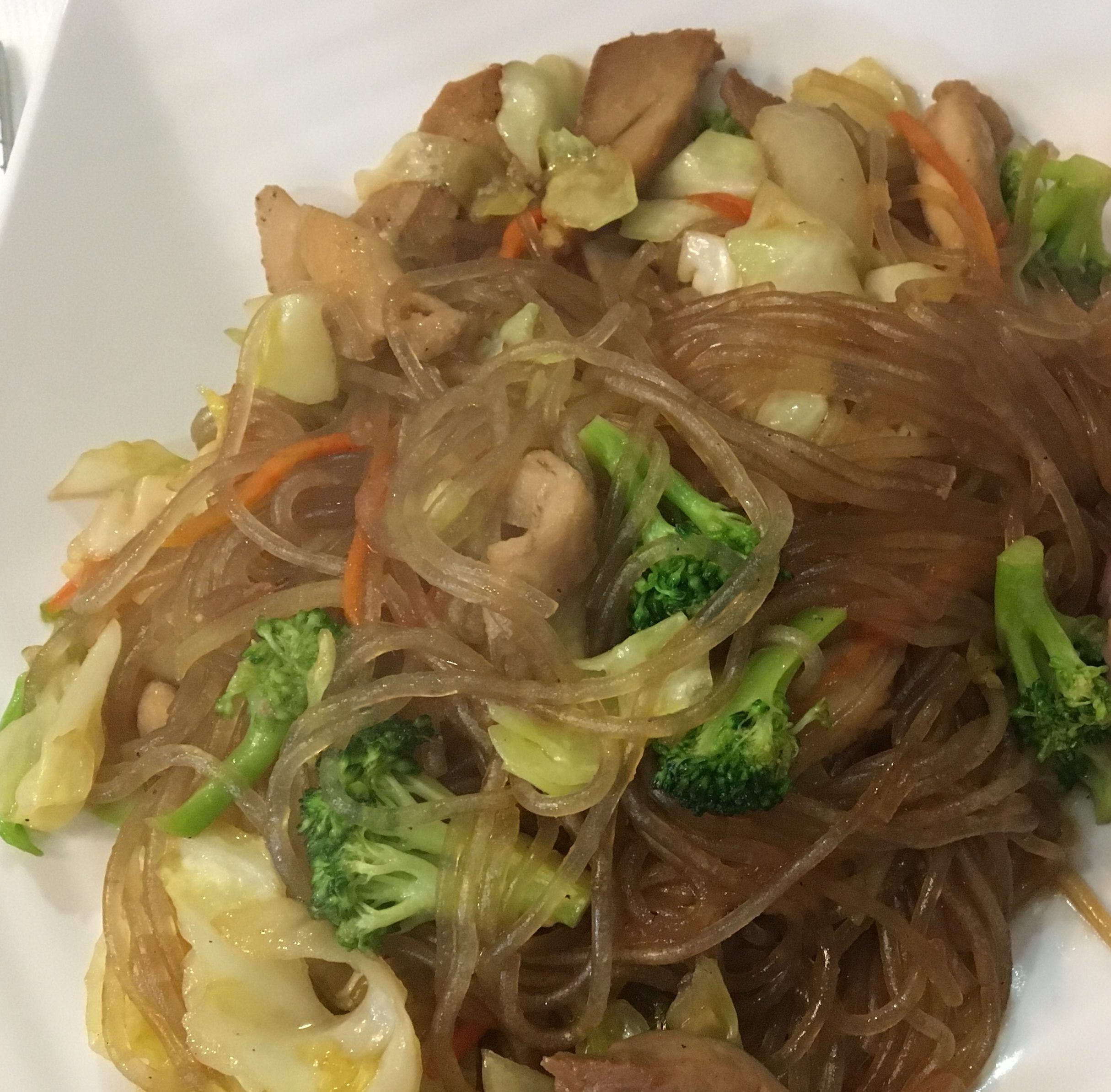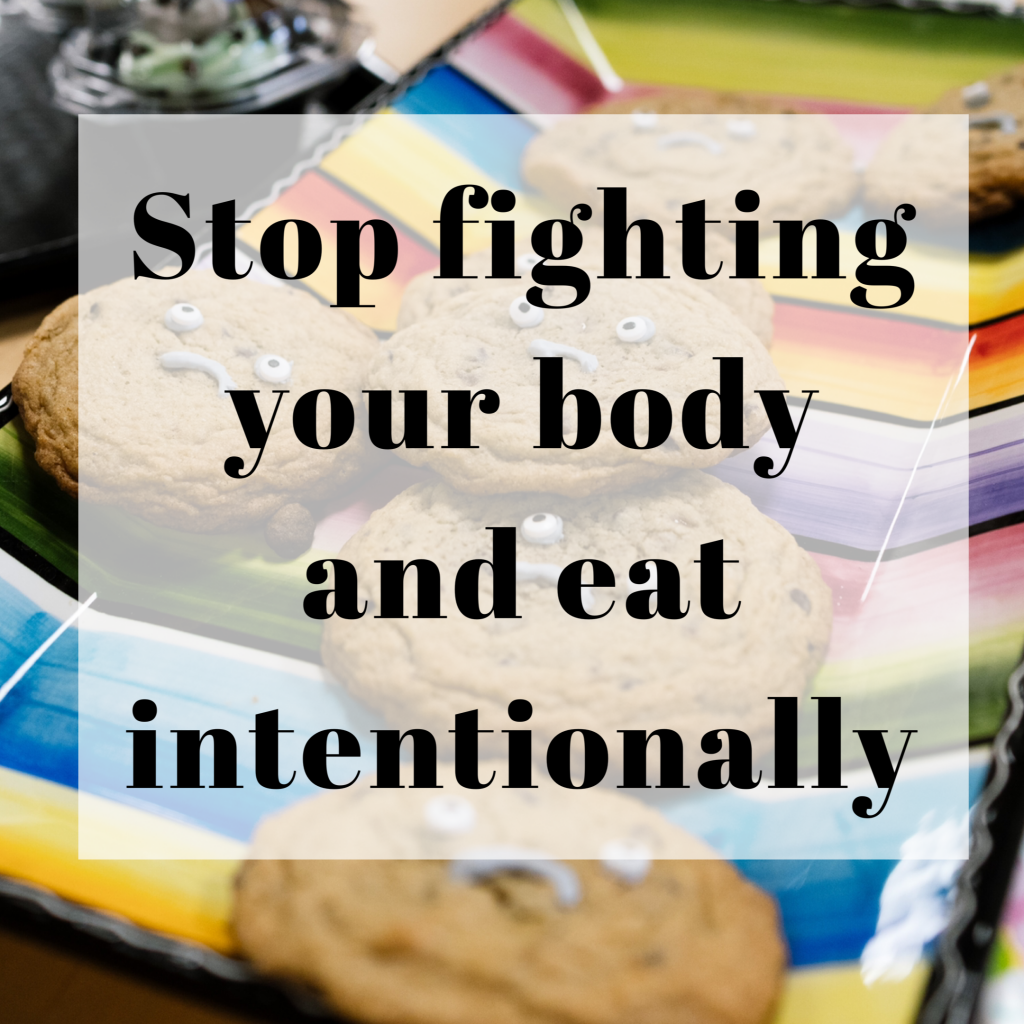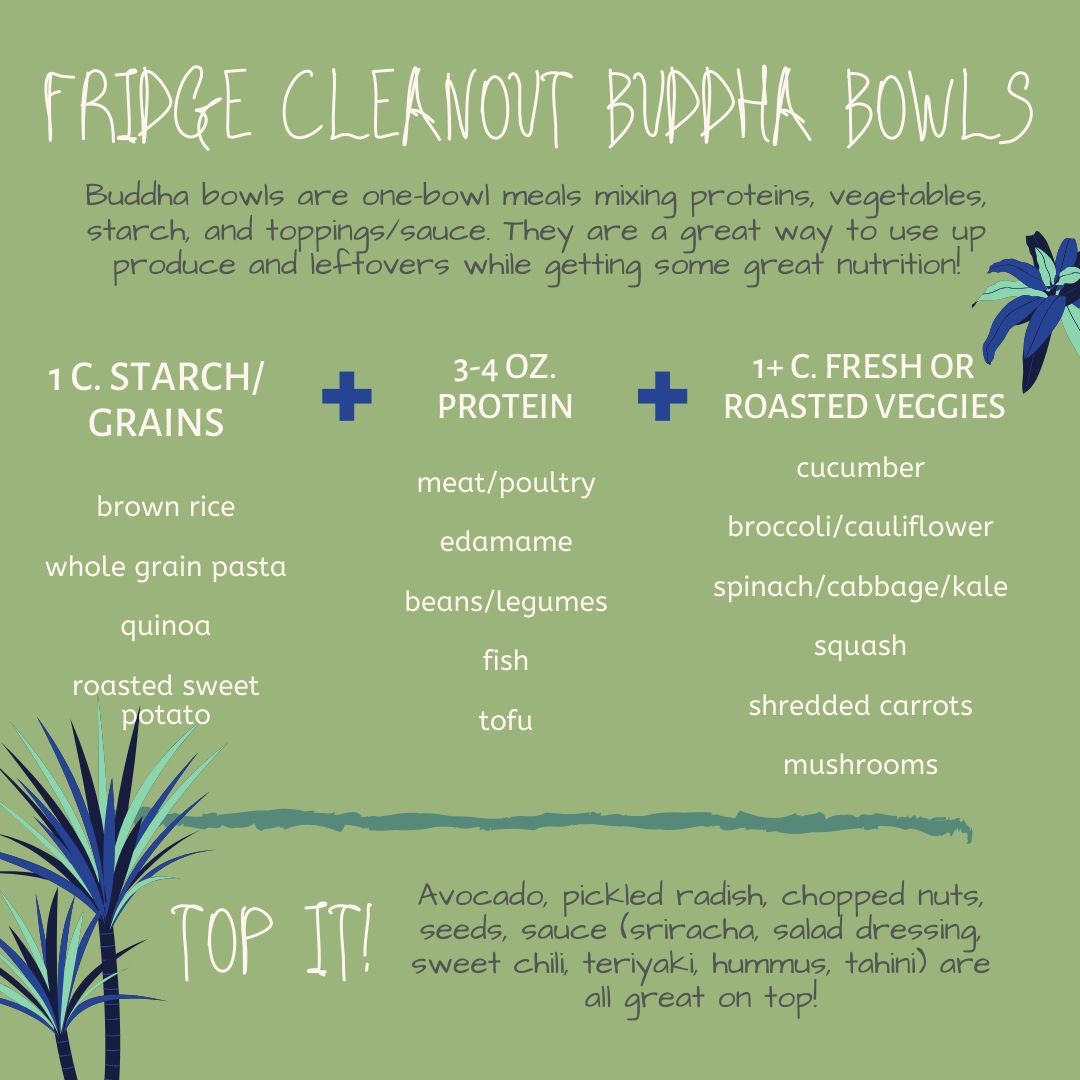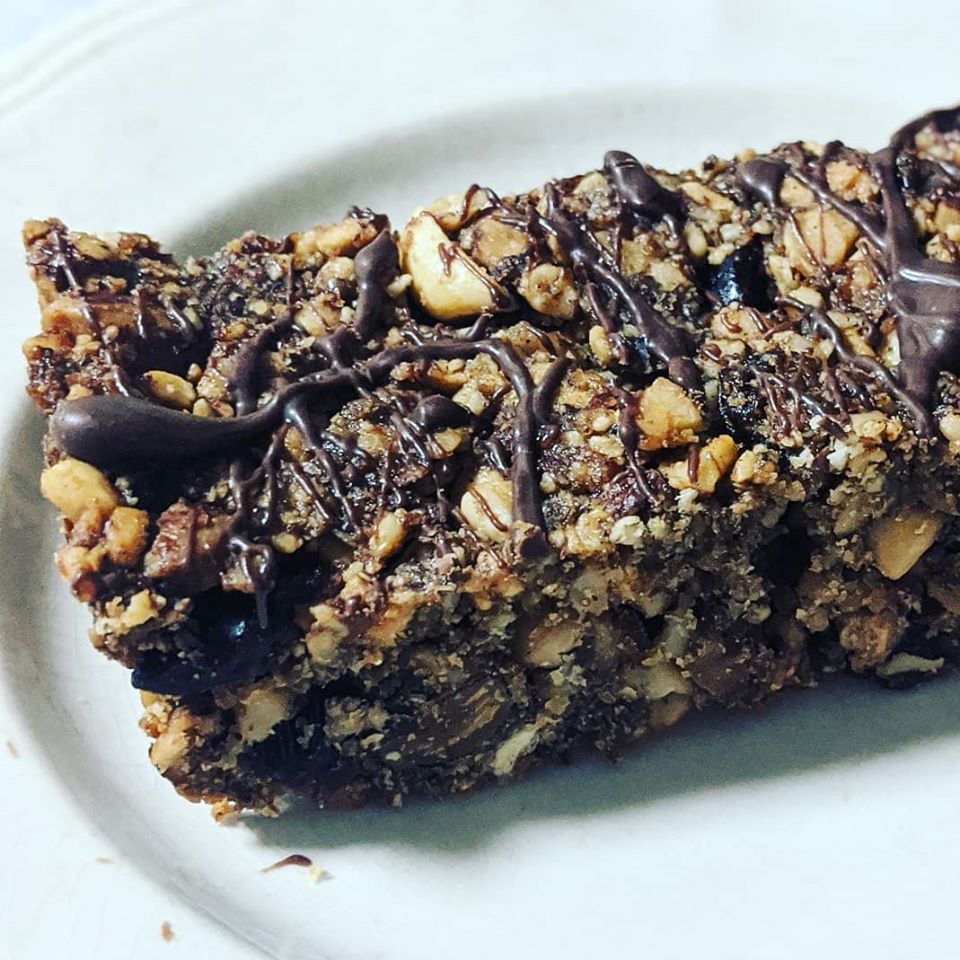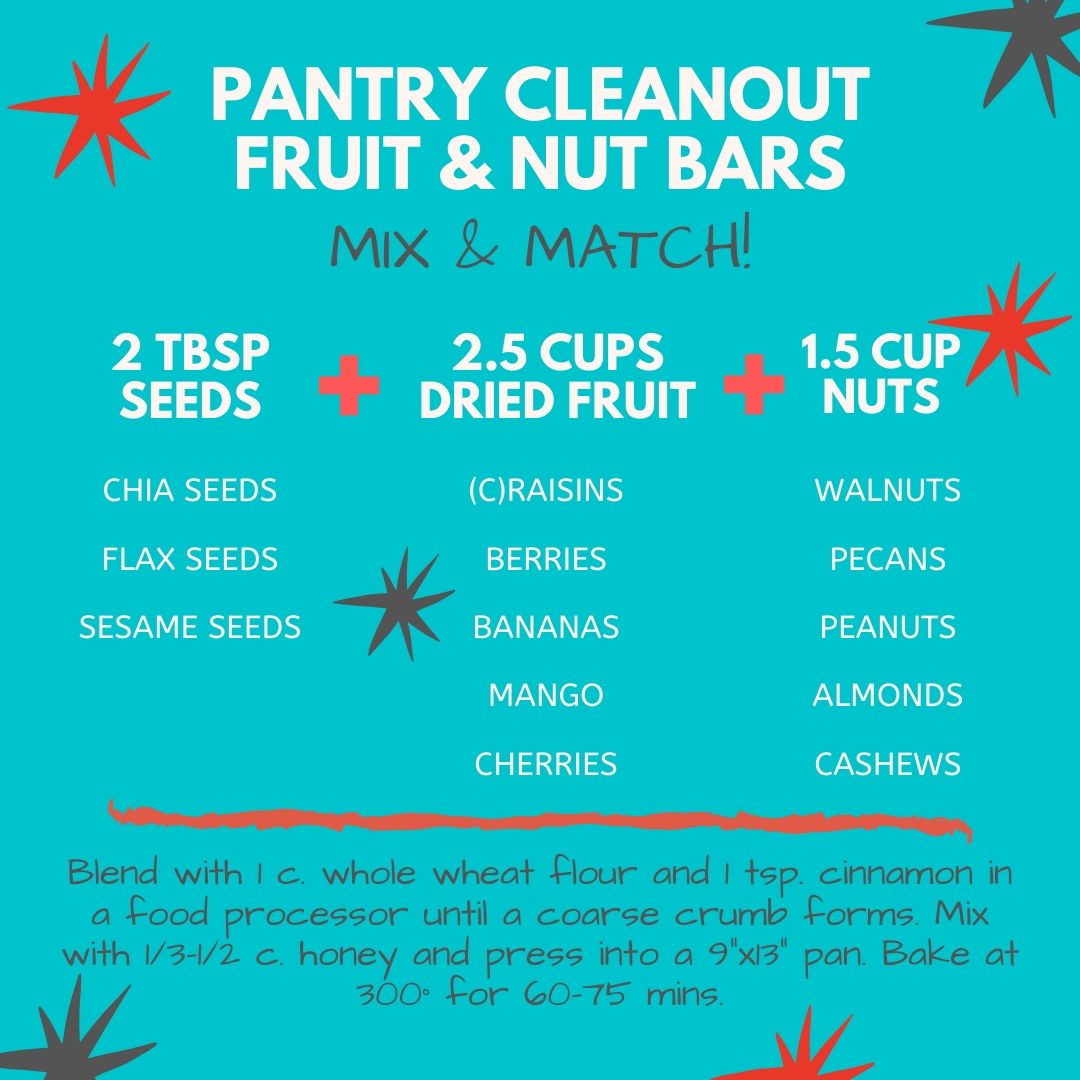One of the great joys of being a dietitian is dispelling wellness-related myths. These bits of misinformation make people feel as though being healthy is unattainable, unrealistic, or downright impossible. Not to mention miserable! What is the point of being healthy if you’re living a miserable, restricted life? In the end, constantly hearing these myths leaves people feeling trapped! If they can’t meet these strict (and let’s face it, no fun) standards, then why even try to be healthier?
This list includes the wellness-related myths I hear most frequently from clients. I love to talk these through with my clients, explain what is actually true, and help them find realistic, healthy lifestyles they truly enjoy. Hopefully some of these explanations will give you a giggle and who knows? Maybe they’ll empower you to rock a healthy life you enjoy.
1. Carbs are bad for you and cause weight gain
This is probably the big kahuna and the myth I most frequently hear. Most of this is just couched in misunderstanding of what carbohydrates are and what they do in your body. Carbs are any food that breaks down into blood sugar. For some reason, society has collectively decided that blood sugar is evil. In fact, blood sugar is the fuel that our bodies use for energy. The truth is, if we undereat carbs, we are underfueling our brains and bodies. Often that underfueling leads to brain fog, slowed metabolism, low energy, depression, and/or anxiety. Also sadness, because carbohydrates are delicious. The metabolic effects of low carb diets lead people to gain more weight afterward than they ever lost in the first place, and that restriction is tough on our relationships with food. The solution is not to eat low carb.
Carbs themselves are not the problem. Overeating carbs, just like overeating in general, can lead to weight gain. The reason carbs get such a bad rap is because they are so easy to overeat. They are shelf stable, tasty, and not very filling. It is completely possible to regulate weight and blood sugar while including several portions of carb-containing foods per day. The key is to balance those carb foods with more filling foods like protein, healthy fats, and fiber to keep you full and fueled without weight gain.
2. Salad is pointless if you put toppings on it
Or any other incarnation of this statement – what’s the point of a healthy dinner if you eat dessert? Why bother ordering a water to drink with your burger and fries? Umm…because they are healthy options. Why not choose them? Having something that’s higher calorie or less “perfect” to eat does not eliminate the nutrition of something you eat with it. Adding croutons and dressing does not vacuum the vitamin K out of your greens or the fiber out of your snap peas. Eating dessert does not neutralize the healthy nutrients from your balanced dinner. The burger and fries do not somehow make healthful hydration irrelevant. Honestly, I would rather someone eat veggies with some butter or salad dressing than not eat veggies at all!
I frequently encourage my clients to prioritize the foods they love and make healthful changes in areas that they don’t hold as dear. Don’t discourage others (or yourself) from making the healthful choices that you prefer and choosing the delicious foods you enjoy. These are perfect examples of balance.
3. Fruit has too much sugar (carrots too)
This one is an offshoot of #1. Fear of carbs = fear of sugar. Most fruits and vegetables have some naturally-occurring sugars. Some believe they are to be avoided, primarily out of fear they will cause weight gain or blood sugar spikes. The good news is that the amounts of carbs and sugar in a serving of these foods is completely appropriate and does not cause these problems for most people. For example, most people need 30-60 grams of carbohydrate per meal, and 1/2 cup of most fruits contains 7-15 grams. One cup of carrots contains about 10 grams. You’d have to eat a LOT of carrots to exceed your carb needs – most people don’t have that problem!
On top of that, fruits and vegetables tend to have a built-in blood sugar buffer – fiber! Fiber has a complex structure that slows digestion and helps carbohydrates go into the blood stream at a much slower rate. That helps prevent blood sugar spikes and fat storage. Fear of sugar is no reason to pass up the vitamin and mineral benefits fruit has to offer. The take-home message: don’t fear fruit!
4. Fitness “doesn’t count” if you aren’t sweating
This one really torques me off. I recently had a sedentary client with chronic pain whose doctor told her that her newly established walking habit didn’t “count” because she wasn’t sweating for 30 minutes, 5 days per week. She came to me feeling so defeated (despite the fact that in two weeks she had worked up from 5 to 15 minutes of walking and had lost 7 lbs)! This isn’t the first case I’ve seen where people feel that because of their pain or fitness limitations that there’s “no point” to exercising. Even small bouts of movement carry myriads of benefits! Plus, when you haven’t been exercising regularly, your body is not efficient with movement and burns more calories doing less activity. As you gradually work up to more time or intensity, you adjust to your body’s needs. It’s a well-designed system. 🙂
5. Eggs are bad for you
Ahh the great misunderstanding of the 1990s. It’s pretty cut-and-dried at this point: egg yolks have a lot of cholesterol. We used to think eating cholesterol would raise our blood cholesterol. Turns out it doesn’t! Plus, eggs are a great complete protein source. Scramble away!
6. Eating “clean” and the all-or-nothing mentality
What does “eating clean” even mean? And how subjective a term is that anyway? Terms like that have formed this idea that being healthy is a wagon that you are either on or you’re off. This is SUCH a damaging mindset because it sets us up completely to fail. If we expect that we’re going to eat perfectly and completely eliminate anything with sugar or with flour or whatever the “clean eating trend” of the minute is, we’re liable to “fail.” I say fail with quotes because it is not a failure to eat tasty food. Plan to include all kinds of foods. Plan not to exercise every single day. That way, you can just continue on without guilt for eating a completely reasonable treat or taking a day off to lay around.
And in the words of Abbey Sharp, one of my fave RD Youtubers: wash your produce – now you’re eating clean!
7. 2 grams protein per pound
Somewhere along the line came the idea that if protein is good for you, more protein must be better. More protein, more protein, more protein. Whether your goals are weight management or muscle gain, there’s someone out there who will push protein on you like it will be the magic wand to solve all your problems. Some bodybuilding blogs and forums recommend that those who weight lift regularly should eat 2 grams of protein per pound of body weight! Meaning, a 150-lb woman should eat 300 grams of protein per day. A deck of cards size of meat contains approximately 20-25 grams protein. Can you imagine eating that 12 times over…every day??? A 180-lb man would be aiming for 360 grams protein per day! Nuts!
For satisfaction, weight management, and muscle maintenance, you need much, much less than that. Studies show that you can maximize muscle gain/maintenance with 30 grams protein in a sitting.1-2 Any more than that and the extra protein gets filtered out by your kidneys. Basically, you’ve got really expensive pee and a lot of extra kidney stress.
8. Healthy food is more expensive
This one may not be as directly obvious, but it comes down to satisfaction and nourishment. 10 cents per ramen brick is pretty dang cheap, but how long does that sustain us? With very little protein, fiber, or healthy fat, most will find themselves hungry again in a short while, as is the case with a lot of the more processed foods. Nourishing whole foods like produce, lean proteins, and healthy fats may be more expensive, but will meet our nutritional needs and satisfy hunger for much longer than cheaper foods. If planned well, you can spend very reasonable amounts on healthful meals. Here is the first in a series I wrote about eating well on a budget, and how I feed our family of four on $100 per week. You can eat well on a budget!
9. Dietitians eat perfectly
It seems that everyone believes dietitians eat only organic sprouted raw cardboard – forget it! We are normal people who love ice cream and chips and cookies, as well as a delicious serving of roasted veggies or a great smoothie. Health is about balance, not restriction! Check out my series on what dietitians eat in a day here, here, and here!
You Might Also Like
The Must-Try Meal Planning Hack to Stop Wasting Food and Money
What to do When Your Healthy Plan Falls Through
How to do a Pantry/Freezer Challenge (step-by-step walkthrough)
- https://pdfs.semanticscholar.org/892f/f156fe616e9c3312b148116259998c869978.pdf
- https://www.sciencedirect.com/science/article/abs/pii/S000282230900769X
